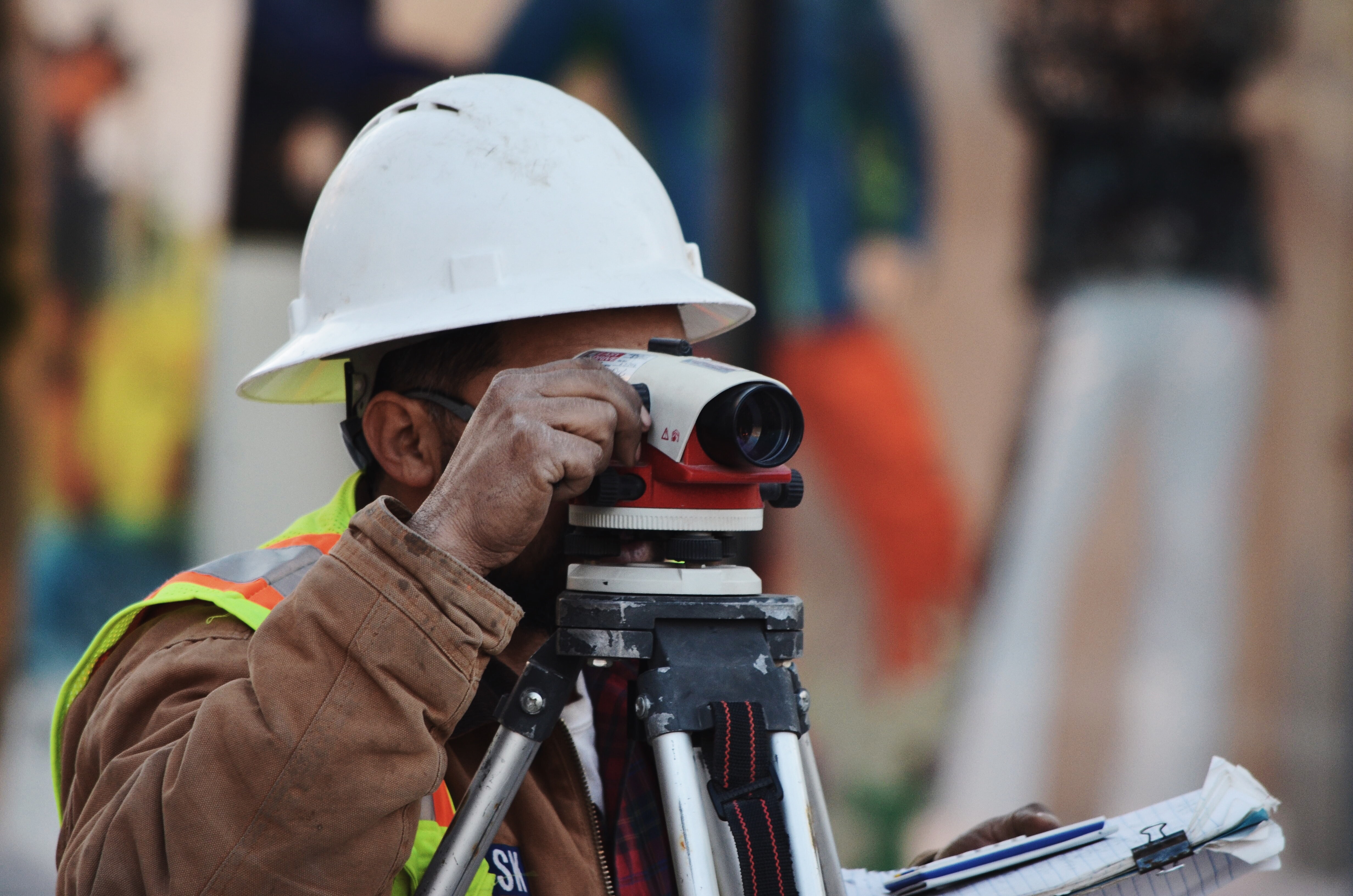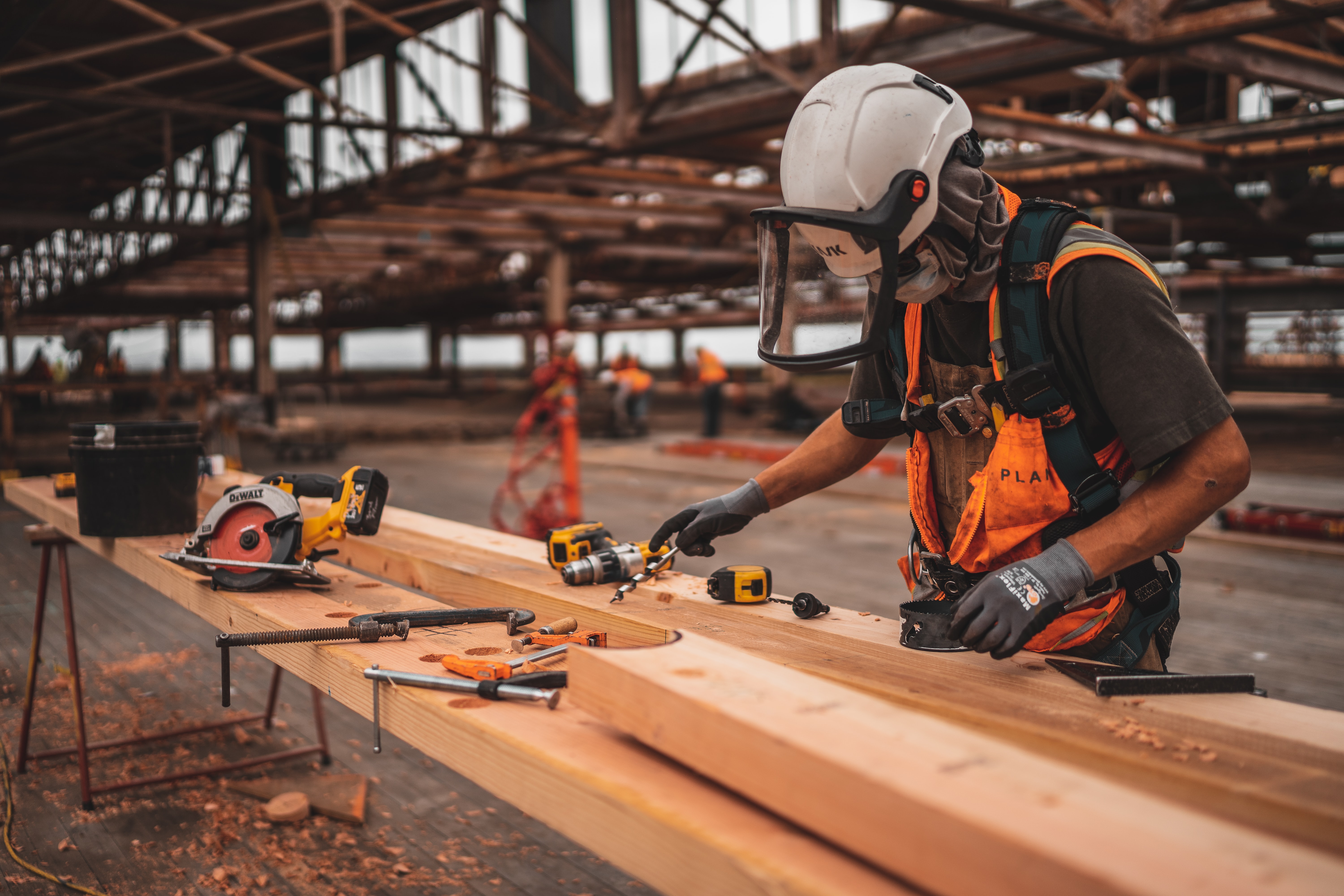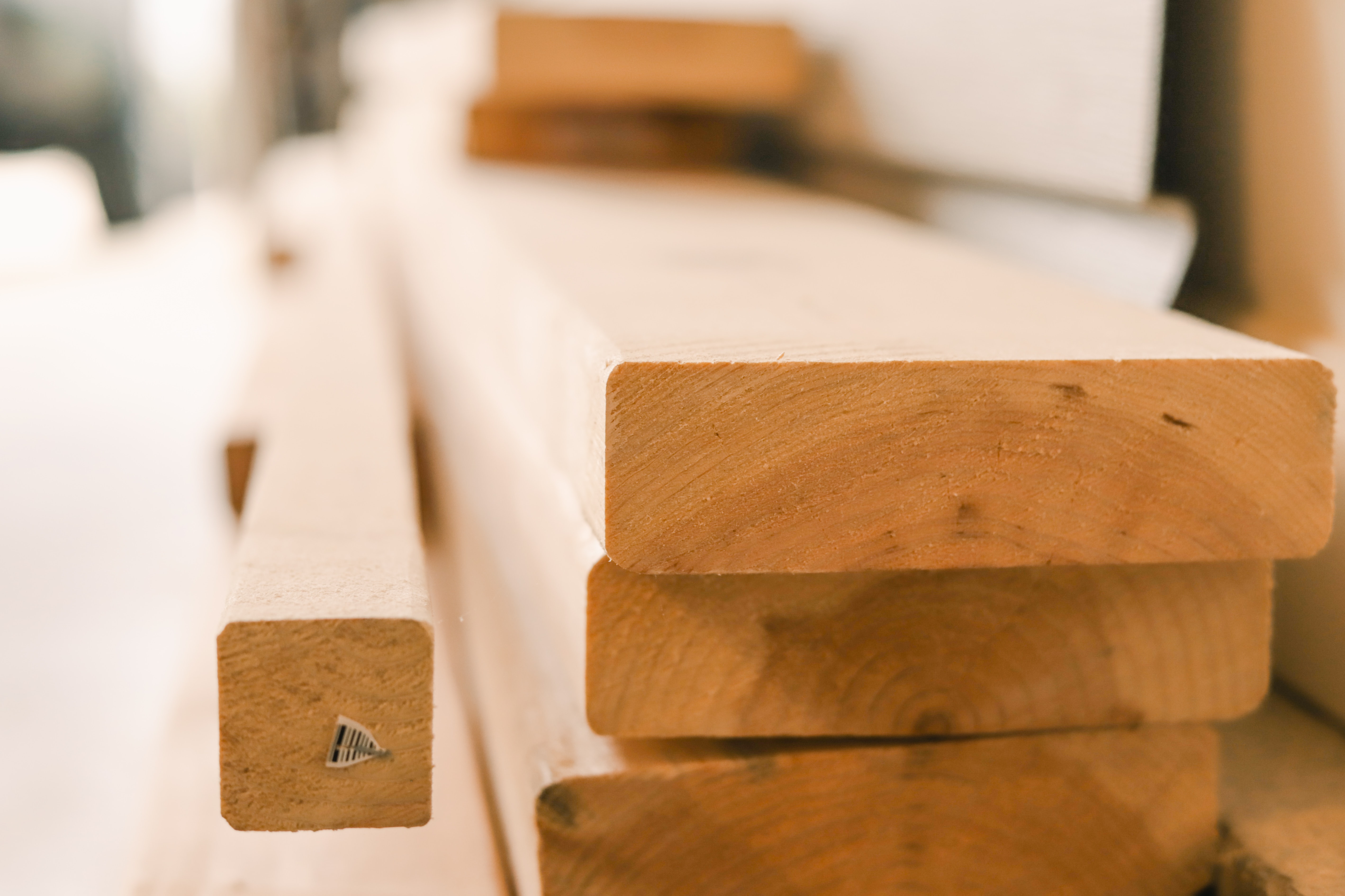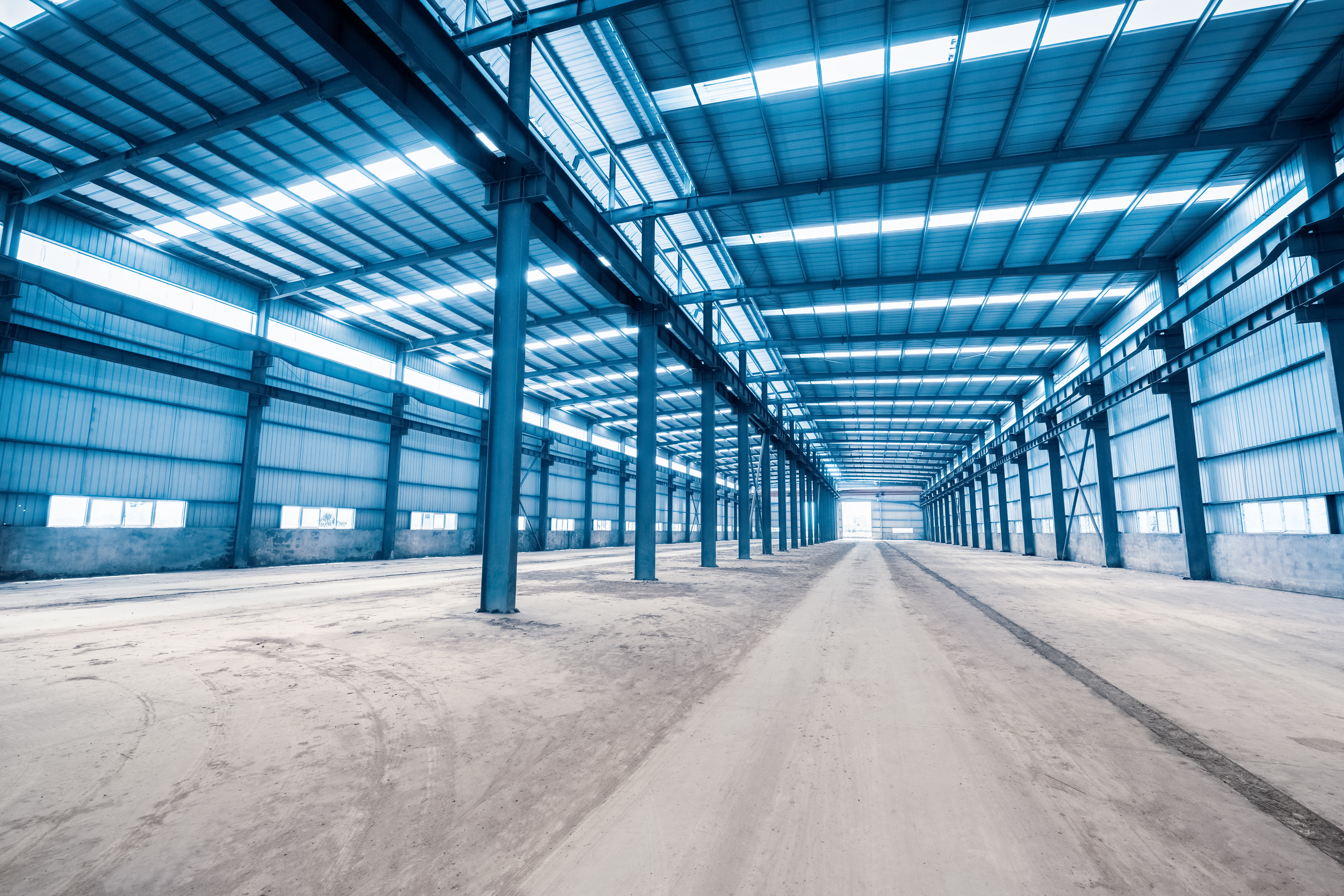Does This Building Really Need to be LEED Certified?
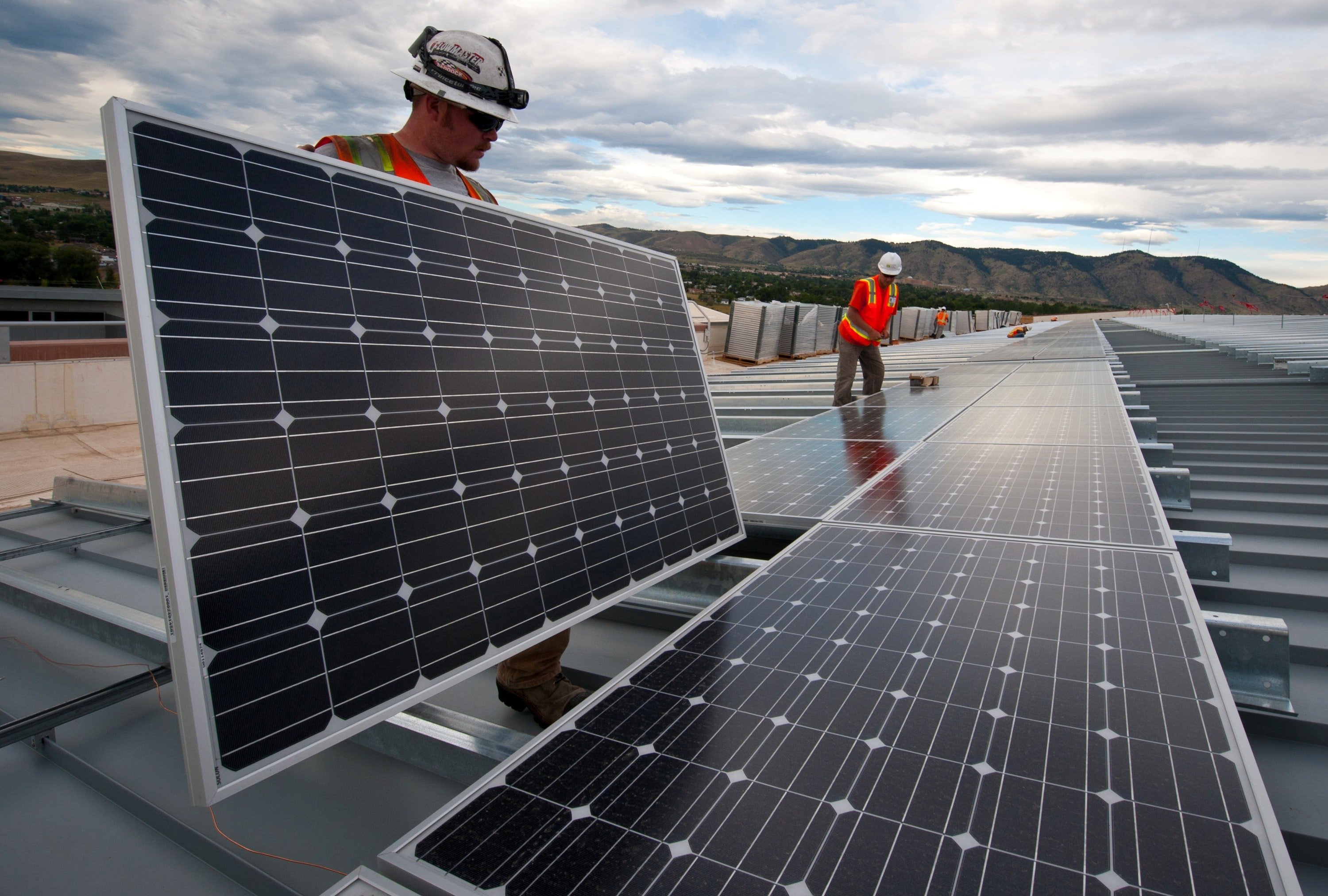
Construction is not an industry for the risk-averse. It involves a lot more math than most people probably anticipate. Getting a building project LEED certified is one of those expensive risks.
Will the cost of more energy-efficient building materials, stringent processes, and the certification itself be worth the investment in the long run? The idea is that it will save operating costs and provide intangible benefits when it comes to marketing and company prestige, but does it really pencil out?
Many people have heard the acronym but haven’t dug down into the complexities of LEED certification. There’s quite a bit to know and quite a bit to weigh.
Some quick facts:
Where did it come from and what does it stand for?
LEED stands for Leadership in Energy and Environmental Design. It was developed in the year 2000 as a sustainability tool for design firms and builders.
What’s the point?
The point of LEED is sustainability, waste reduction, and healthier building occupants. There is a lot of energy consumed by residential and commercial buildings - nearly 40% of the country’s energy. Companies that are concerned about their environmental footprint should become attuned to LEED standards - right now, they are the baseline for sustainable buildings that is used across the globe.
There are eight categories, each with a point value assigned to them:
- Innovation & Design Process (11 points)
- Locations & Linkages (10 points)
- Sustainable Sites (22 points)
- Water Efficiency (15 points)
- Energy & Atmosphere (38 points)
- Materials & Resources (16 points)
- Indoor Environmental Quality (21 points)
- Awareness & Education (3 points)
The points earned associated with each of these categories determines the level of LEED certification: certified, silver, gold, and platinum.
Can my company get LEED-certified?
Yes and no. Companies do not get LEED-certified; buildings do. Individuals get LEED-accredited.
What are the financial benefits?
LEED is the industry standard for environmental certification on a project. Dodge Data and Analytics produced a report on World Green Building trends in 2018 that showed that the greatest benefit builders found from building “green” was lower operating costs. Nearly a third of respondents also noted that a higher point of sale was a factor in their decision to go green. Almost 80% of respondents found that they had made up for the additional costs with energy savings in less than 10 years. In some areas, there are also tax benefits to LEED-certified buildings - it’s worth checking out.
Is it possible to be LEED compliant without getting certified?
Some building projects start out with the intention of becoming LEED-certified but end up not going through with the final certification process. The status is attractive at first, but building up to these standards incurs many unexpected building costs. On a tight budget, this can be difficult to achieve.
Technically, a building can still be marketed up to LEED standards without being LEED-certified. If the intention behind seeking sustainable practices is primarily for marketing, this language could be enough to sway potential tenants, etc. But the accountability factor is pretty significant. Without formally ensuring that green standards have been met, it is difficult to guarantee the project is being carried out that way. What happens in the corporate office does not always match what happens in the field. If the building owner is banking on lower operating costs, it may be worthwhile to go through with the certification as an “insurance policy” of sorts.
For more information, or to take the next step toward an application, visit the USGBC website and read the commercial guide to LEED certification.
How important is this certification for potential tenants?
Environmental sustainability is the way of the future - there are no two ways about it. More and more tenants are looking for this certification, particularly if the building is in areas of the country where the environment is a big focus.
Will LEED costs go up or down in the future?
It’s likely that the overall cost of LEED-certified projects will go down in the future. As sustainability becomes the norm, there should be less of a disparity in building costs. Widespread innovation tends to bring costs down.
April 26th, 2021 | construction management, eco-friendly, envrionment
Related Posts
SIGN UP FOR OUR NEWSLETTER
Recent Posts
Categories
Archives
Archives
- January 2024 (1)
- July 2023 (1)
- January 2023 (1)
- September 2022 (1)
- March 2022 (3)
- February 2022 (3)
- January 2022 (2)
- December 2021 (4)
- November 2021 (2)
- October 2021 (2)
- September 2021 (2)
- August 2021 (2)
- July 2021 (3)
- June 2021 (2)
- May 2021 (2)
- April 2021 (2)
- March 2021 (5)
- February 2021 (4)
- January 2021 (1)
- December 2020 (1)
- November 2020 (3)
- October 2020 (2)
- September 2020 (2)
- August 2020 (2)
- June 2020 (1)
- May 2020 (2)
- April 2020 (1)
- March 2020 (2)
- February 2020 (1)
